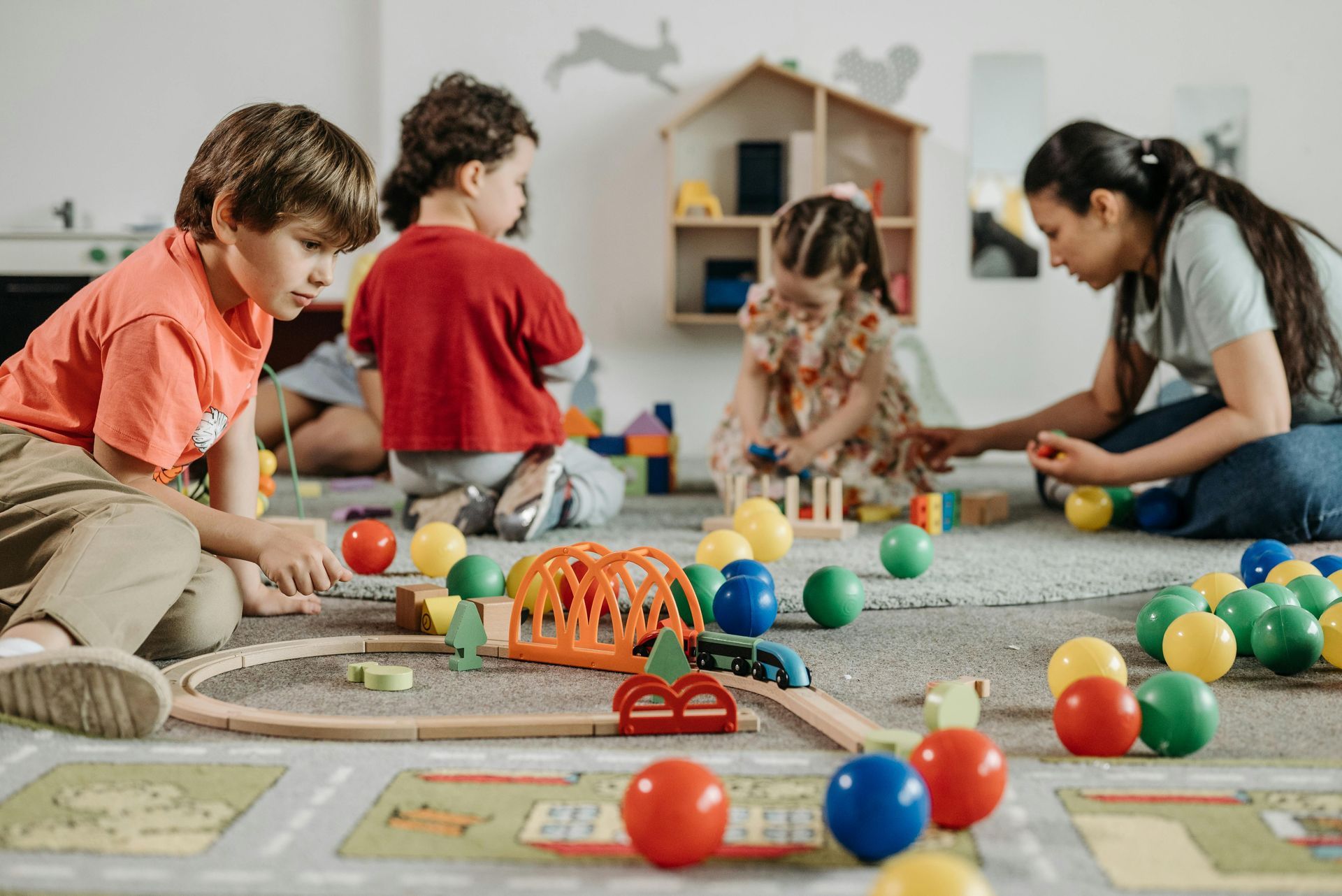
Children in a Montessori environment are encouraged to explore the world around them and their own emotions. This focus on emotional intelligence lays the foundation for lifelong emotional well-being, self-awareness, and empathy—key qualities that nurture healthy relationships and personal growth.
The Montessori Approach to Emotional Awareness
One of the key features of Montessori education is the focus on independence, not just in tasks but in emotional regulation. By allowing children to make choices, express their feelings, and reflect on their behavior, Montessori helps foster emotional awareness. The open-ended structure of activities encourages children to process their emotions while they work, whether it’s frustration with a puzzle or joy in completing a task.
During practical life activities, children engage in everyday tasks to develop fine motor skills, patience, and self-discipline. This leads to an enhanced ability to understand how to respond, thereby controlling feelings such as frustration, disappointment, or excitement. In a Montessori classroom, children can develop these feelings and be shown how to cope appropriately.
Building Empathy and Social Skills
Environments supported by Montessori are free for peer communication, and therefore children have every chance to practice empathy and speaking. Every child is expected to cooperate and be a team player who can look for assistance and sort out ‘mishaps’ amicably. Such a social interaction fosters empathy, which is the foundation of emotional intelligence. While solving problems, children learn voiced expressions of emotions and empathy or the perception of emotions in other people and group members.
The Calm and Peace Corner
A unique aspect of many Montessori classrooms is the "peace corner" or "calm space," where children can retreat to regulate their emotions. Whether they are feeling overwhelmed, sad, or just in need of some quiet time, this area gives them the chance to reflect, meditate, or breathe. The peace corner reinforces emotional self-regulation and gives children the tools to manage their emotions positively.
Storytelling and Role-Playing
Two other teachings that deal with the emotional quotient in a Montessori context are storytelling and role-playing. Through various emotions and daily situations, children are encouraged to express their feelings—whether happy, sad, or angry. This process helps them develop emotional self-awareness and social awareness, allowing them to better understand the dynamics of emotions within their personal lives and social interactions.
A Lifelong Skill Set
Montessori education fosters success in later years and thus helps Montessori children build important competencies. Awareness of these feelings and the capability to channel them construct the background for constructive social relations and strong emotions. These skills not only facilitate the learning they are currently engaging in but also put them in good standing to succeed in every future interpersonal interaction they will be having.
It is widely acknowledged that emotions play a huge part in our lives. Montessori education provides children with the resources to develop their feelings and control their actions. Through various emotions and daily situations, children are encouraged to express how they truly feel—whether happy, sad, or angry. This process helps them develop emotional self-awareness and social awareness, allowing them to better understand the dynamics of emotions within both their personal lives and social interactions.
If you are ready to help your child develop emotional intelligence while nurturing their curiosity and love for learning, explore our Montessori programs today. Let us work together to build a foundation that supports your child’s emotional well-being and overall success.



